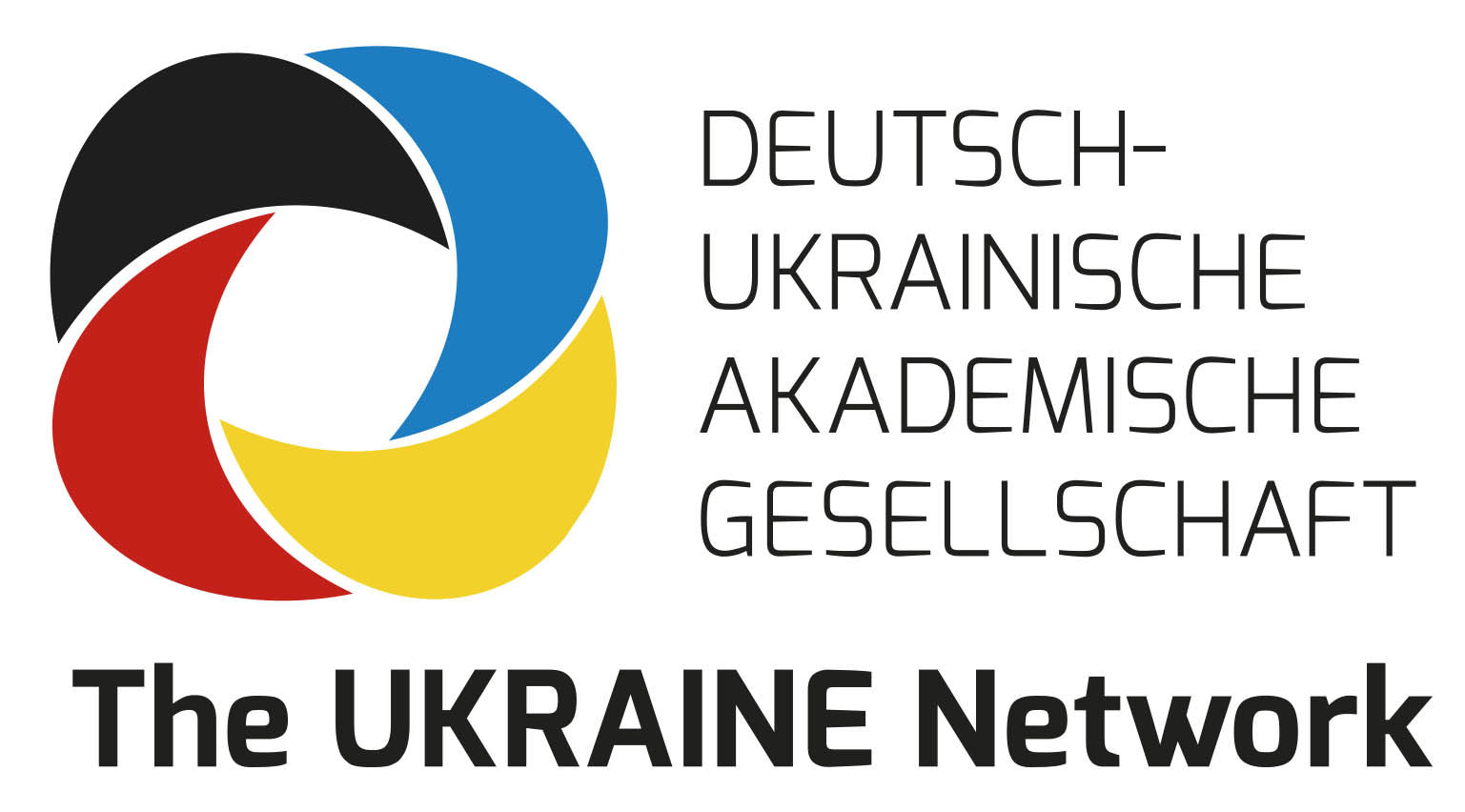This blended learning training course “Management of Internationalisation and German-Ukrainian Academic Cooperation” has been developed by the International Office (IO) of Leibniz University Hannover (LUH) and supported by the DAAD Programme “Support for the internationalisation of Ukrainian higher education institutions – continuing education programmes for administrators at Ukrainian higher education institutions in education and academic management (2019–2021)” from the funds of the German Federal Ministry for Education and Research to meet the needs of German-Ukrainian academic cooperation.
The key objective of this 18-months training course is to offer advanced training to staff (either International Office staff or higher education managers responsible for coordinating international activities) of Ukrainian universities. The programme is designed to provide participants with the profound knowledge of the different aspects of internationalisation and to enable them to manage the corresponding processes and tasks as well as foster the internationalisation of their universities. The participants will learn about the concepts and strategies of internationalisation of higher education in different countries; will compare German and Ukrainian systems as well as university structures. They will learn how to handle all aspects of academic mobility and research cooperation and also how to develop and implement a suitable strategy of internationalisation or any other individual project from the field of internationalisation, which is relevant to their home university. The programme provides an insight into the available funding instruments for international cooperation with on-site-visits of Volkswagen Foundation, Alexander von Humboldt-Foundation, HRK, DAAD, DFG as well as short internships at selected institutions.
The training is designed to accommodate the needs of various Ukrainian HE institutions with different levels of experience in the field of internationalisation and assist them to establish or join the corresponding national and international networks. The gained international administrative capacities and corresponding professional skills will enable the participants to use the networks and launch co-operative cross border projects of mutual interest. Thus, the project will also support the establishment of sustainable institutional contacts and networks.
PARTNERS
The German-Ukrainian Academic Society e.V. as well as the Science Management Network/ Netzwerk Wissenschaftsmanagement support the realisation of the programme and provides guidance for individual projects as well as assistance in internship placements and networking activities and contacts. Furthermore, Taras Shevchenko National University of Kyiv supports the training course by providing the corresponding regional knowledge and expertise.
COURSE CONTENT AND METHODOLOGY
1. Module: Background Knowledge of Internationalisation
- 1.1. Concepts, contexts and trends of Internationalisation
- 1.2. National and Regional Higher Education Systems and Networks
- 1.2.1. Europe and Erasmus
- 1.2.2. USA, India, China
- 1.2.3. Germany and its university structures
2. Module: Competencies on Management of Internationalisation
- 2.1 International Office: Structures and Tasks
- 2.2 Mobility, Exchange and Recognition
- 2.3 Partnerships and programmes
- 2.4 Welcome and support offers
- 2.5 Internationalisation@home
- 2.6 Funding instruments
- 2.7 International Marketing and Rankings
3. Module: Soft Skills
- 3.1. Intercultural Competence
- 3.2. Conflict management
4. Module: Management Skills
- 4.1. Project management
- 4.2. Change Management
5. Module: Internationalisation Project (PAP-Personal Action Plan)
The 1st module is mainly conceptually driven. The training course itself will methodologically focus on the practical aspects of internationalisation. It consists of an attendance period (3 workshops in Germany and one in Ukraine), online as well as individual and group work. The participants will learn about examples of “good practice” from different regions, and then apply the acquired knowledge to their everyday work in their own universities. Entering into an international dialogue will improve and train their management and intercultural skills, and enhance their awareness and knowledge about developments in internationalisation processes. Moreover, participants will have the opportunity to network and establish networks. Moreover each participant will develop and work on an Internationalisation Project at their Ukrainian university that fits the institutional goals. The participants will be continuously advised during the learning process by mentors and colleagues to guarantee the most individual-tailored training. Shortly after the selection, participants will receive preparatory reading and working materials, which provides them with insights into conceptual issues. The literature will also help them to reflect on the individual/institutional status quo and their specific projects.
Participants from following universities were selected through a competitive call for applications, which was announced in November 2019:
- Berdyansk State Pedagogical University
- Cherkasy State Technological University
- Chernihiv National University of Technology
- I. Horbachevsky Ternopil National Medical University
- Ivan Franko National University of Lviv
- Kharkiv National Automobile and Highway University
- Kharkiv National Agrarian University named after V.V. Dokuchayev
- Kyiv National University of Technologies and Design
- Luhansk Taras Shevchenko National University
- Lutsk National Technical University
- Lviv Polytechnic National University
- National University of Kyiv-Mohyla Academy
- Poltava V. G. Korolenko National Pedagogical University
- Sumy State University
- Taras Shevchenko National University of Kyiv
- Ternopil Ivan Puluj National Technical University
- V. N. Karazin Kharkiv National University
- Vasyl’ Stus Donetsk National University
